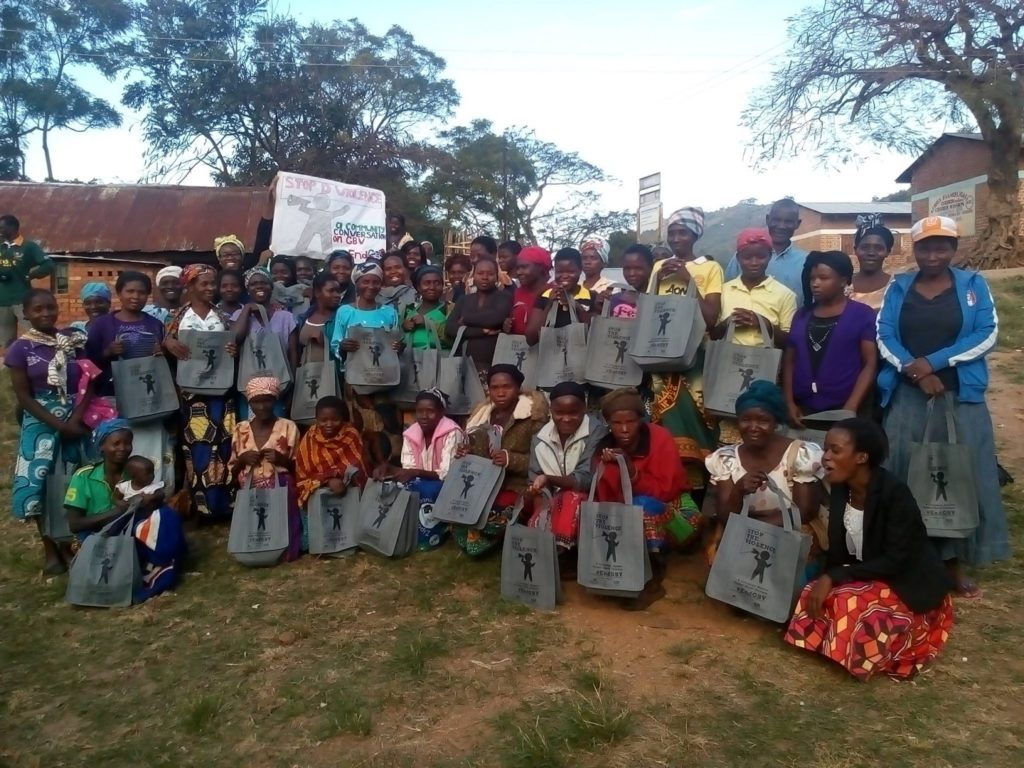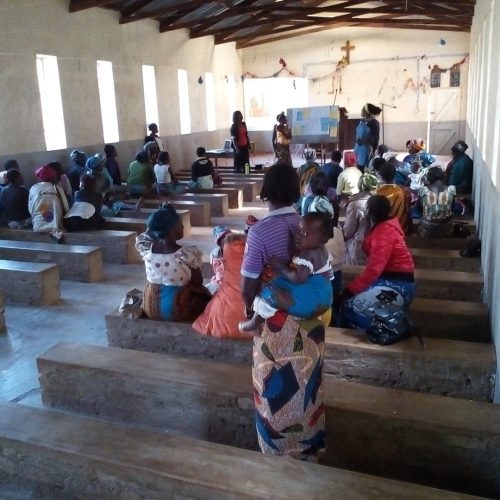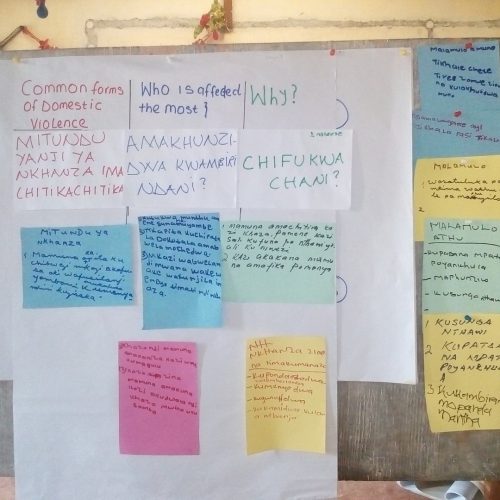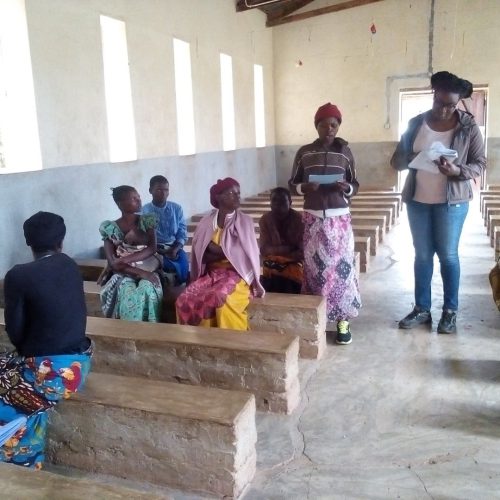Malawi: Fighting desertification

What Happened
More than 5000 people gathered together to fight climate change in Malawi, one of the highest countries of desertification according to the United Nations. The project aimed to bring awareness to the community and listen to solutions from them.
Already for the past year almost, MasterPeace Malawi has worked to help increase knowledge of the rural communities through sensitization on environmental issues.
A number of intervention were implemented the first activity was conducted in Chididi area which is most affected, where 10,000 trees were planted by the local communities. They also conducted training to 100 farmers on Nursery management and in the year 15 nurseries were established in Nsanje where 50,000 tree seedlings are raised. They also engaged youth clubs on climate change through joining them during their meeting days. We also sensitized the communities around Matandwe forest who are sometimes illegally encroach the protected area through opening farms.
The target audiences for this project were mostly women and youth in the most disaster stricken areas.
The Benefit/ Impact
1- Increased capacity of local structures, communities and individuals to address the impacts of climate change and to anticipate and prepare for disasters. The project’s approach to addressing capacity gaps related to climate change understanding built on three pillars: knowledge and skills transfer and community empowerment.
2- Increased capacity of communities and individuals to adapt their livelihoods to climate variability and the impacts of climate change and to manage disasters. A package of appropriate resilience enhancing technologies will be offered to communities, to enable them to choose what is most appropriate and effective in their context and their community.
3- MasterPeace Malawi observed that many communities are vulnerable to effects of climate change adaptation due to limited awareness of climate-related threats. MasterPeace Malawi has further observed with concern that the vulnerability of these communities is as a result of socio-economic and demographic situations including high population growth rates in combination with high poverty levels which reduce capacities to cope with climate change adaptation, over-dependence on rain-fed agriculture, heavy reliance on natural resources particularly within the agricultural and Fisheries sector, limited knowledge on climate change and variability at community level to inform adaptation practices, sub-optional agricultural productivity and practices and little diversification within the household economy both on and off-farm.
Next Steps
The project will be presented and discussed with the Ministry of Gender, CSO networks, the community and various national and international NGOs.
The project is aiming at strengthen the ideals of peace in Malawi through educating the rural communities on how the may promote peace. It also enhance the relation between the community and environment and focus much on how environmental degradation would lead to lack of peace in various communities.



